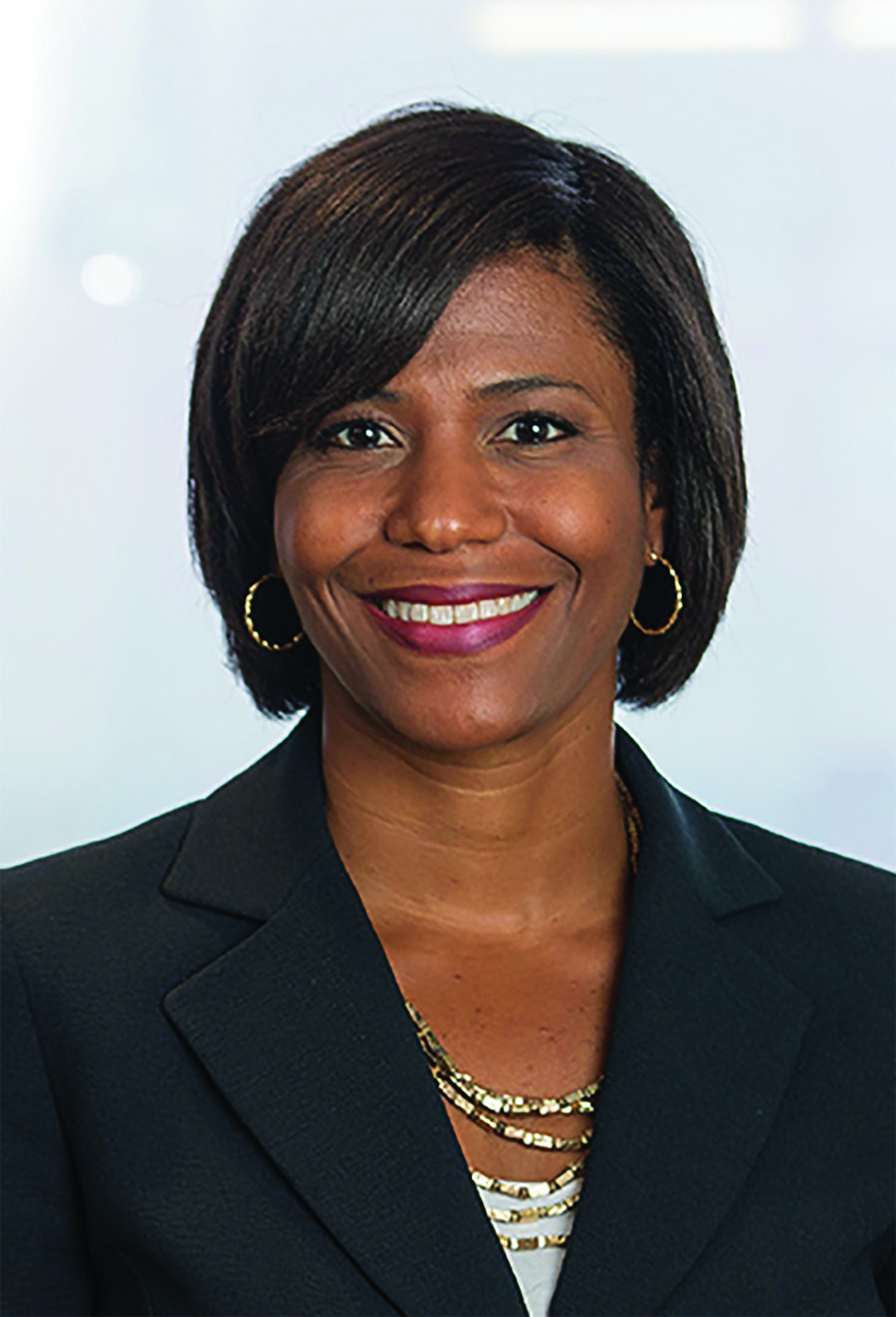Mission Critical
June 15, 2022Pandemic Highlights Need to Increase Gender Diversity
By James Martinez

As many as 1 in 4 corporate women say they are considering downshifting their careers or leaving the workforce altogether in surveys by Deloitte and McKinsey.
In Michigan, roughly 136,000 women left Michigan’s labor force between February and December 2020 while the number of men increased by 18,000.
The pandemic is likely only to exacerbate pre-existing trends where boardrooms remain male-dominated. The future of women in the workplace post-pandemic includes questions about how to increase gender diversity in corporate board rooms and the workforce at large.
DEI Commitment Critical at Highest Levels of Organization
For DTE Gas President and Chief Operating Officer Joi Harris, increasing the number of women in leadership positions starts with a commitment at the highest level of the organization with intentionality integrated into all aspects of recruitment and talent development.
Harris is both the first woman and first person of color in a career track reminiscent of General Motors Chair and Chief Executive Officer Mary Barra, who began her career with GM in 1980 as a Kettering University co-op student at the Pontiac Motor Division.
A 30-year veteran of DTE, Harris started shadowing engineers at age 15 before becoming a company co-op at 18. She would climb the ladder serving in several leadership positions within the organization before being promoted to a president in November 2021.
Based on her journey, her advice is straight forward.
“Afford women and minorities the same experiences and exposure that have resulted in successful careers for white males,” Harris said. “Encourage emerging women and minorities to take ownership of their careers as well by reflecting on where and how they’d like to grow and learn.”
Culture Change Needed to Provide More Pathways
A longtime entertainment executive, Nancy Tellem would often bristle at the publication of lists of female executives or power brokers in the industry.
“I’d always push back to say: ‘when are we going to have a time where we don’t have to separate women on their own power list,’” said Tellem, the current executive chairperson of the media company Eko and former president of CBS Network Television Entertainment Group and Xbox Entertainment Studios.
Getting to the point where published lists of top executives and influencers are not separated into men and women is going to require, in part, a culture change at the workplace, according to Tellem.
“As you give more women opportunity and also inspire them as they’re starting in their career as to what is definitely possible and doable – that’s the rudimentary start of really making that (culture) change,” Tellem said.
Mentorship Essential Obligation of Corporate Leaders
For Tellem, who also co-founded a social club for women in Detroit with entrepreneur and strategist Natacha Hildebrand, mentorship is a key component to building a more robust pipeline of women leaders in business.
“Whether you’re an entrepreneur or whether you are in a corporate environment, you really do need to look toward those who are successful within the company,” Tellem said. “Mentorship offers resources or networking that employees otherwise wouldn’t have, which can accelerate your path.”
“It’s an essential obligation of those who are in leadership positions to spend a good portion of your time focused on how you can lift up those who are trying to advance within and outside the industry,” Tellem said.
Harris agrees with that philosophy, something she shared as part of as DTE’s employee resource group REACH (Respecting Ethnic and Cultural Heritage) as they celebrated their sixth annual Trailblazers award ceremony during Black History Month.
“As an African-American, female, engineer and executive, I’ve been the first – and you can fill in the blank. I’m committed to making certain I’m not the last by not only creating opportunities, but also challenging others to do the same,” Harris said.
James Martinez is editor of the Detroit magazine and a content creation consultant in Southeast Michigan
Leading During Times of Crisis
 Joi Harris leads DTE Energy’s natural gas utility which provides service to 1.3 million homes and businesses in Michigan and she is responsible for all utility gas operations, including gas sales and distribution and storage services.
Joi Harris leads DTE Energy’s natural gas utility which provides service to 1.3 million homes and businesses in Michigan and she is responsible for all utility gas operations, including gas sales and distribution and storage services.
Having spearheaded DTE’s COVID response, she knows a few things about leading during turbulent times.
“The most important takeaway for me was the importance of leading with empathy and providing clear direction when it appeared all hell was breaking loose,” Harris said. “There was no one on the planet that had all the answers, but worry is not actionable. We had to build the plane and fly it at the same time.”
The response also requires the agility to make and adapt a plan as needed to meet the moment.
“During times of crisis, those we lead are more open to our influence if they feel their unique circumstances are understood and appreciated,” Harris said. “It was important for me to be vulnerable; acknowledging that we were in uncharted territory together. At the same time, my team, like everyone else, on the planet longed for signs of hope and looked to leadership for those queues that would signal better days were on the horizon.”
“The most important takeaway for me was the importance of leading with empathy and providing clear direction when it appeared all hell was breaking loose. There was no one on the planet that had all the answers, but worry is not actionable. We had to build the plane and fly it at the same time.”
-Joi Harris, President and Chief Operating Officer, DTE Gas
